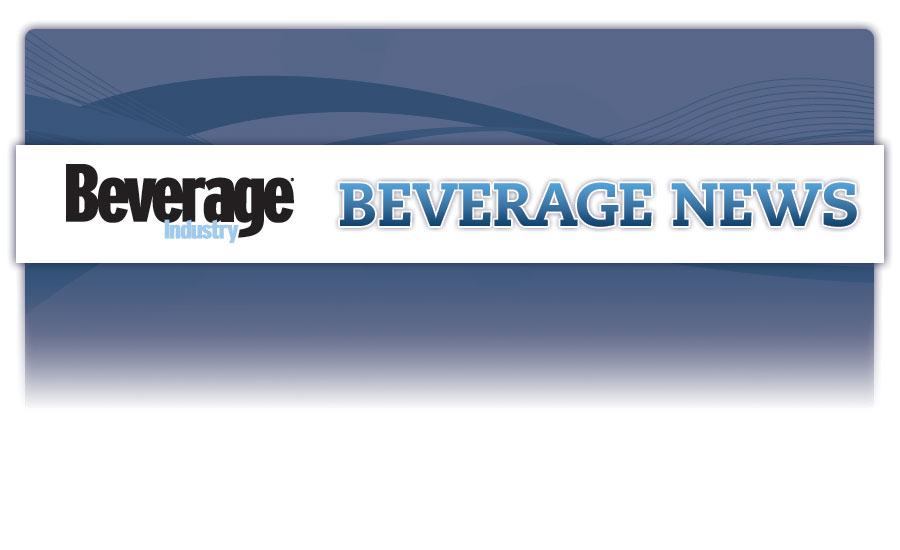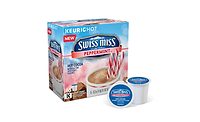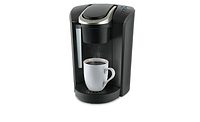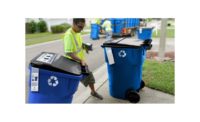Keurig Green Mountain joins The Recycling Partnership
Keurig seeks 100 percent recyclability of its K-Cup pods

Falls Church, Va.-based The Recycling Partnership, and Waterbury, Vt.-based Keurig Green Mountain Inc. announced the companies have joined forces to impact recycling in the United States as both are committed to enacting system-wide solutions to the recycling challenges of today, work across materials and the supply chain to achieve a bright, sustainable recovery future, the companies say.
“At Keurig, we’re taking meaningful steps to transition to a recyclable K-Cup pod well before our 2020 goal of having 100 percent of our pods be recyclable,” said Monique Oxender, chief sustainability officer at Keurig, in a statement. “We’re also working beyond our product packaging to address challenges related to all small-item recovery in the recycling infrastructure and to improve end-market demand for reclaimed materials. These efforts take cross-industry collaboration. The transformative work of The Recycling Partnership is a perfect match for our ambitions.”
Formed in 2003, The Recycling Partnership works directly with communities across the country to overcome barriers to gold-standard recycling through a mix of operational, educational and fiscal support, the company says. To date, its efforts have impacted 72 communities representing more than 1.2 million households. The group also has leveraged the distribution of 165,000 curbside recycling carts, which are projected to increase material collected by 251,500 tons — with an economic value of $18 million — during the next decade, it adds.
“When Keurig called to say they were joining us on our journey to make recycling better, there was a palpable air of budding potential,” said Keefe Harrison, executive director of The Recycling Partnership. “That news marked an outstanding next step in a year full of promise, adding resources and energy to further our proven approach and grand plans for the future. Hang on everyone, because as action-packed and productive as we have been to date, we’re just getting started.”
In other news, The Recycling Partnership announced it has closed its latest round of residential single-stream cart grants, which helps local recycling programs realize their full potential, and its new city partners will soon be announced, it adds. Additionally, it is testing a new campaign in Massachusetts that integrates strong social marketing principles and proven operational tactics to reduce resident confusion around recycling and to boost participation and improve material quality, it adds.
Looking for a reprint of this article?
From high-res PDFs to custom plaques, order your copy today!






